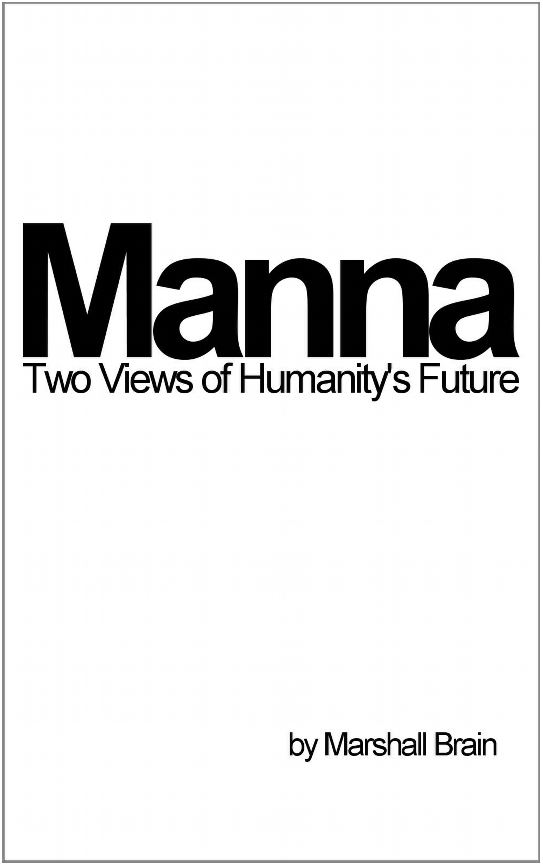Photograph taken by David Wilder.
Lama Surya Das, an authorized lama in the Dzogchen lineage of Tibet and author of the best-selling book Awakening The Buddha Within, offers practical advice about dealing with change, loss, and spiritual transformation in the book Letting Go of the Person You Used To Be.
The book is broken into sections that focus on different aspects of the main topic, such as "Naming Our Losses", "Letting Go of the Person You used to Be", and "Being Heroic in the Face of Loss". Each chapter opens with a thought-provoking and inspiring quote from the likes of Buddhist teachers, Mark Twain, Charlie Parker, and Philo. The words by these wise people offer an excellent introduction to the chapter's topic and serve as a mindfulness reminder before the reader begins the chapter.
Following the opening quote, each chapter launches into a discussion of the topic and includes anecdotes from Buddhist teachers and friends of Surya Das. The chapter then closes with a spiritual or meditation practice that can be cultivated to work on and integrate the topic.
I read Awakening The Buddha Within several years ago when I first became interested in meditation and only had a preliminary interest in Buddhism, and really enjoyed it. I was unaware that it was the first book in a trilogy until picking up this book and reading a bit more about it. This has definitely sparked my interest in reading more by Surya Das!
Overall, I found the book to be extremely valuable and easy to read. I marked inspiring stories, quotes, and pieces of advice to return to later, and also plan to explore the meditation practices included at the end of each chapter. I would recommend this book for anyone, regardless of whether they desire a change or are currently experiencing loss, because both are things that we will all come across during our lives.
4/5 stars. 224 pages.










